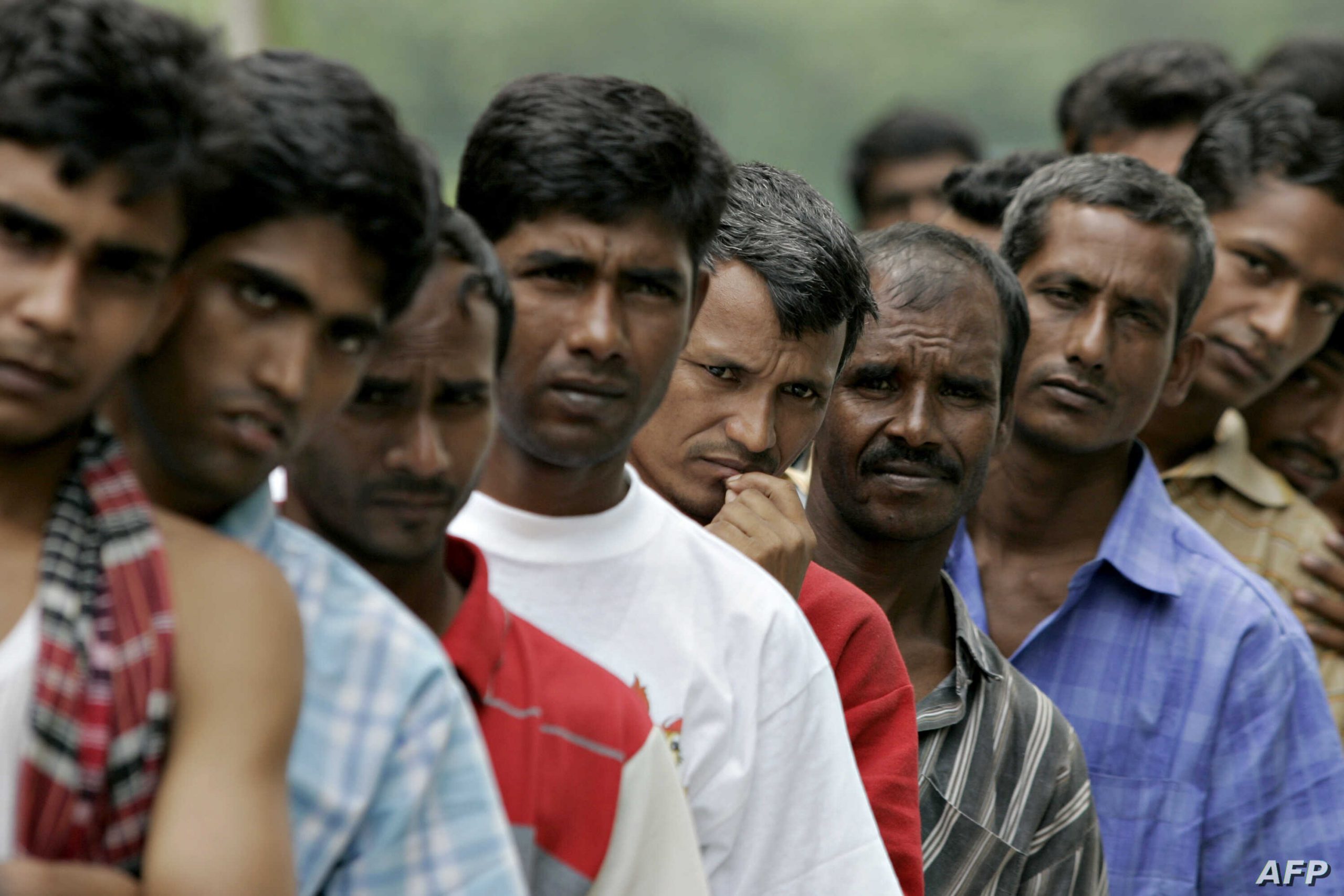Malaysia vs Illegal migrants: Stringent Measures Taken Amid Rising Public Intolerance
Public intolerance towards illegal immigrants is mounting in Malaysia, fueled by negative attitudes materializing in discriminatory actions such as entry restrictions

In 2022, Malaysia is home to an estimated 2.2 million documented migrant workers, while unofficial reports suggest the presence of undocumented migrants ranging from 1.2 million to 3.5 million.
The Malaysian government has been actively combating illegal immigration, deporting hundreds of thousands of undocumented individuals in recent years, primarily to Indonesia, and plans to continue these efforts in the current year. However, a discernible surge in public intolerance towards illegal immigrants has prompted the government to escalate measures against employers of foreign workers, including the possibility of imprisonment. The exploitation of foreign migrant workers further compounds the issue, with reports of labor exploitation and human trafficking being prevalent.

To address these challenges, the Malaysian government has implemented diverse measures. These include a freeze on the recruitment of new foreign workers, stringent inspections to ensure adherence to labor laws, and corrective actions aimed at eradicating modern-day slavery and forced labor practices. There has also been a concerted effort to improve transparency in labor supply chains and manage the country's reliance on foreign workers, particularly in labor-intensive industries. Despite these initiatives, the problems of illegal immigration and the exploitation of foreign migrant workers persist as formidable challenges in Malaysia.

Public intolerance
Public intolerance towards illegal immigrants is mounting in Malaysia, fueled by negative attitudes materializing in discriminatory actions such as entry restrictions, denial of access to services, and promotion of isolation and discrimination. The substantial presence of undocumented migrants, unofficially estimated between 1.2 million and 3.5 million, raises concerns about its impact on the local economy and job market. Additionally, a prevailing perception that illegal immigrants contribute to a higher crime rate has led 59% of surveyed Malaysians to believe that migrants are involved in a significant number of crimes. These factors contribute to an escalating sense of public intolerance, prompting the government to adopt stringent measures against employers of foreign workers and devise strategies to address the issue of illegal immigration.
The Malaysian government has implemented several measures to tackle the issue of illegal immigration, including the freezing of new foreign worker hires, conducting labor law compliance inspections, and taking corrective actions against modern-day slavery and forced labor practices. Deportation of hundreds of thousands of illegal immigrants, particularly to Indonesia, has been a key strategy, with plans for continued efforts. Moreover, the government aims to crackdown on employers of foreign workers by imposing jail sentences. Commitment to enhancing transparency in labor supply chains and managing reliance on foreign workers, especially in labor-intensive industries, has also been expressed. Despite these efforts, the challenges of illegal immigration and the exploitation of foreign migrant workers persist as significant issues in Malaysia.
Migrants and forced labor
The Malaysian government is resolute in eradicating forced labor by 2030, undertaking various steps to address the issue. Legislative amendments and the launch of the National Action Plan on Forced Labor (NAPFL) 2021-2025 reflect this commitment. The Department of Labor Peninsular Malaysia (JTKSM) has initiated actions against employers involved in forced labor practices, with 1,321 investigation papers opened against 645 employers since January 1, 2023, encompassing various labor offenses, including illegal wage deductions.
Ratification of the Protocol of 2014 to the Forced Labor Convention has occurred, and efforts are underway to ratify the 2014 Protocol to ILO’s Forced Labor Convention, 1930, emphasizing member states' responsibilities in preventing forced labor, protecting victims, and ensuring access to justice. However, despite these initiatives, the persistent risk of debt bondage or slavery-like practices underscores the ongoing challenge of forced labor in Malaysia.
Moving forward, a holistic approach that addresses the root causes of illegal immigration, fosters transparency in labor practices, and prioritizes the protection of migrant workers' rights will be essential. Malaysia's journey towards achieving these goals requires not only legislative and policy measures but also a concerted effort to shift public attitudes and foster inclusivity. As the nation strives for progress and development, ensuring the dignity and well-being of all workers, regardless of their origin, should remain at the forefront of its endeavors.



